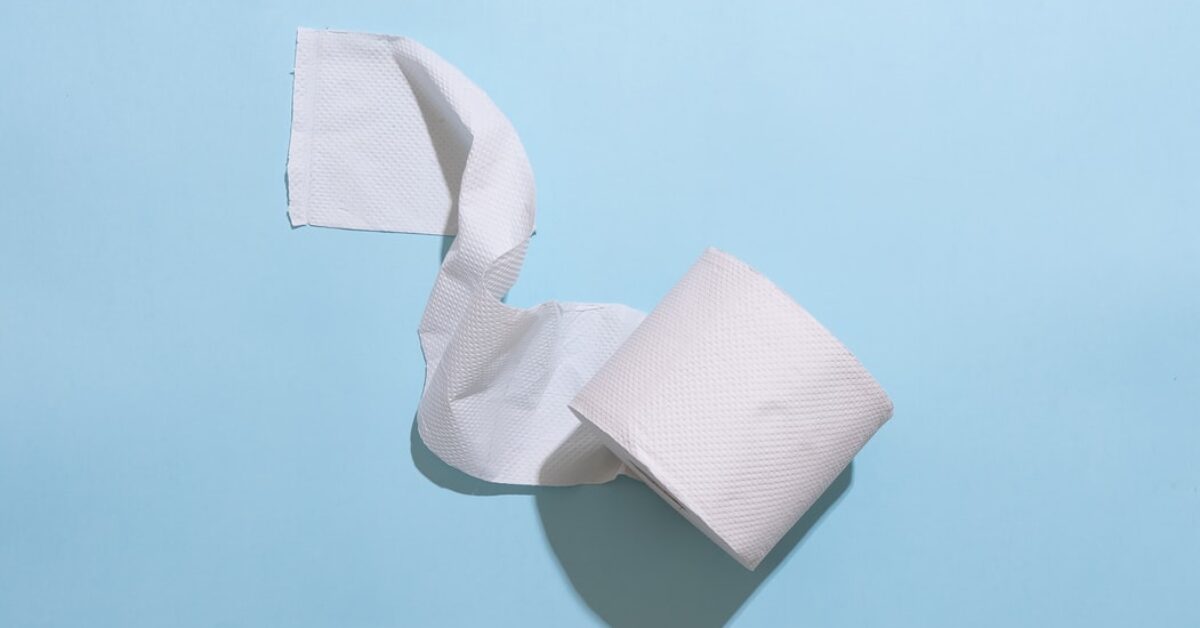This week many of our news and social media feeds have been full of images of supermarket shelves looking pitifully empty. Shelves, which would normally be fully stocked, stand bare after we the British public, whipped up into a frenzy, panic bought toilet rolls, pasta and other household essentials.
As someone who spends a lot of time thinking about how we can mobilize behavioural change in order to address the climate crisis, this totally baffles me. Why are so many people quick to sprint to Tesco to spend a month’s rent on hand sanitiser, but having a meat free Monday to help save the planet seems like an impossible ask? How come the thought of running out of UHT milk inspires immediate action, but evidence that the earth is headed towards “severe, widespread, and irreversible impacts” due to climate change provokes nothing but apathy?
Hyperbolic discounting
The simple answer here is timing. Our brains respond and prioritise, in-your-face, imminent threats. We’re neurologically programmed to act upon short-term risks which are happening in the here and now. At the same time we brush under the carpet those threats which (however huge) seem to exist only in the dim and distant future.
Many behavioural economists would point to hyperbolic discounting to explain why we view immediate wants and needs as more pressing than dangers that exist in the future. Hyperbolic discounting is the tendency to discount the value of a future rewards. In other words, given the choice, we choose immediate gratification over bigger but later rewards. Hyperbolic discounting is the reason why we choose to hit the snooze button instead of arriving at work on time, skip the gym so we can binge on a boxset or scroll through social media instead of attacking our to-do list.
However each year that slips by, the threat of climate change becomes less of a distant threat and more of a very present danger. Ultimately we need governments and organisations to take action. But how can we as individuals ensure we’re overcoming our hyperbolic discounting tendencies and change our behaviours for the good of the planet?
Building Positive Habits
Many of us know the types of steps we could be taking to reduce our carbon footprint, whether that be changing our diet, using public transport more or flying less. But to give ourselves the best chance of success, it’s a good idea to try and turn climate action into a habit.
According to Charles Duhigg, author of the Power of Habit, there are three simple steps to establishing a new habit and creating what he calls a “habit loop”.
- Cue – make it easy for yourself to make good choices by having cues and triggers to spur you into action.
- Routine – this is your response or action to the cue.
- Reward – here is where you give yourself some sort of small reward to tell your brain that this is a habit worth repeating.
For example, one cue might be time. So perhaps you could decide that each Monday evening, you will cook a different meat free meal. Your reward could be anything that will motivate you to do the same next week…just avoid treating yourself to a £100 bottle of hand sanitiser from eBay if you can.



